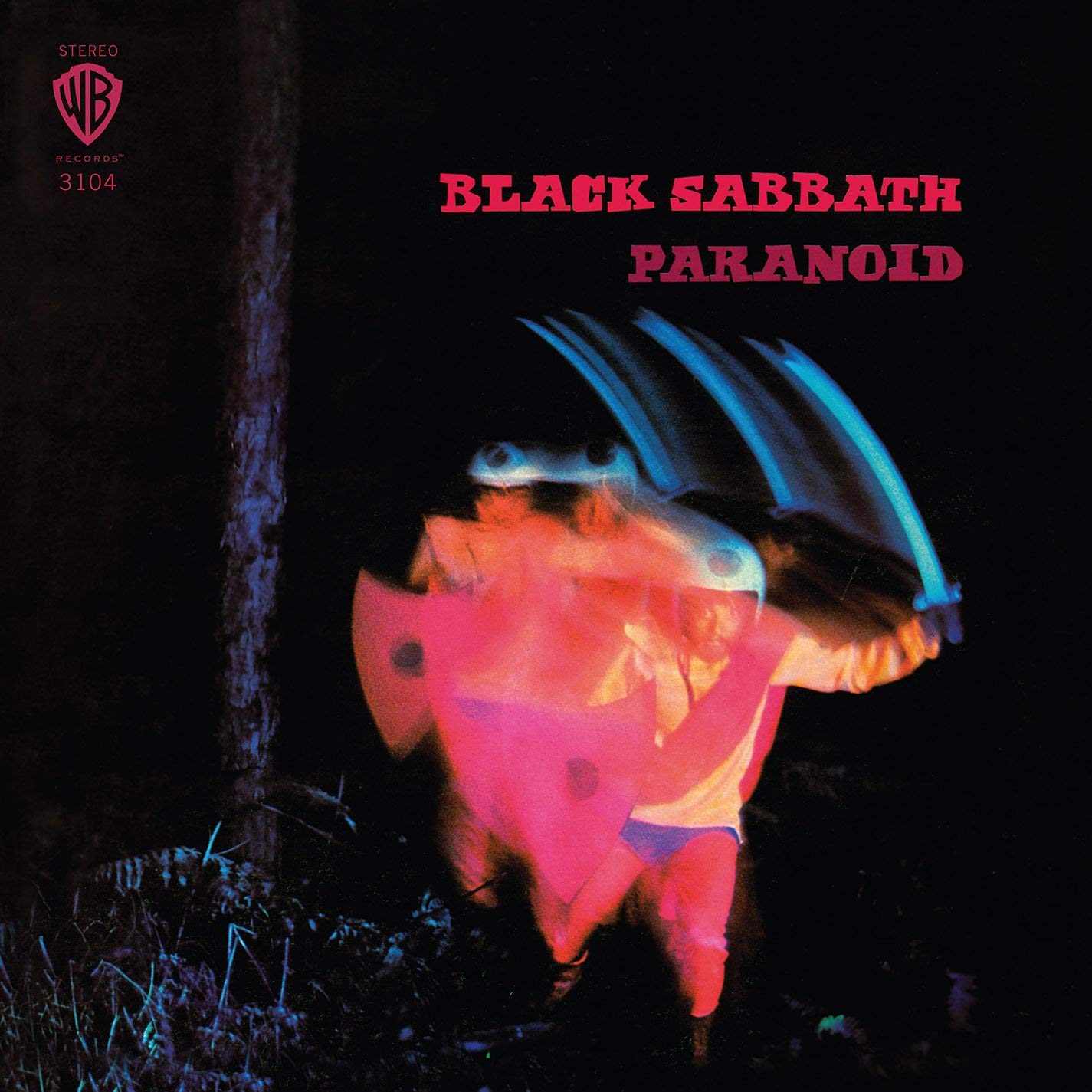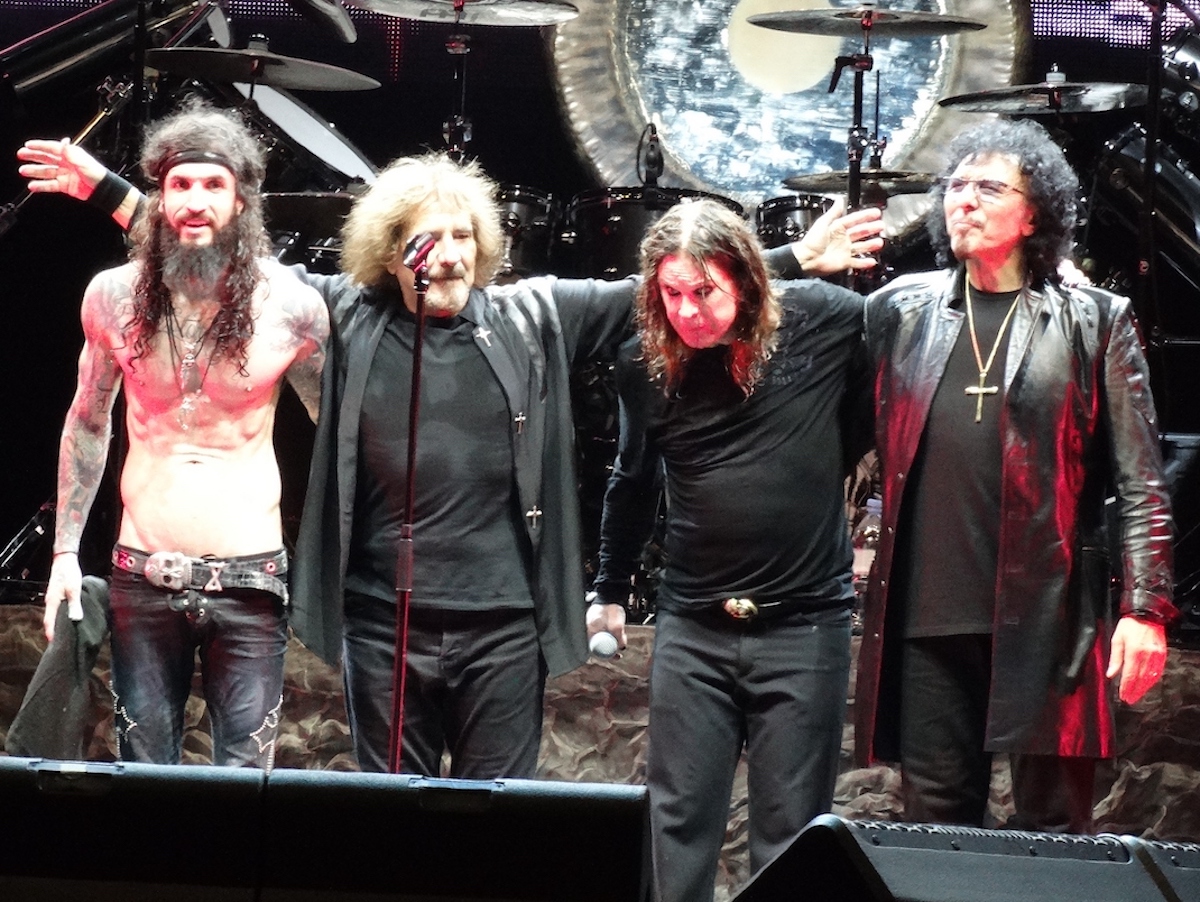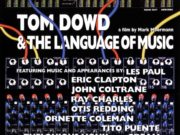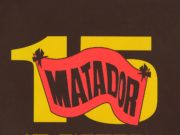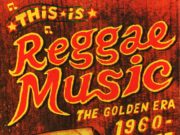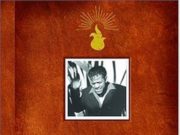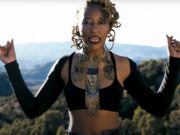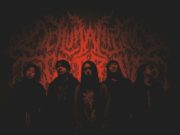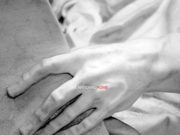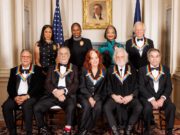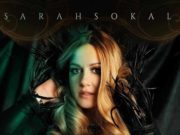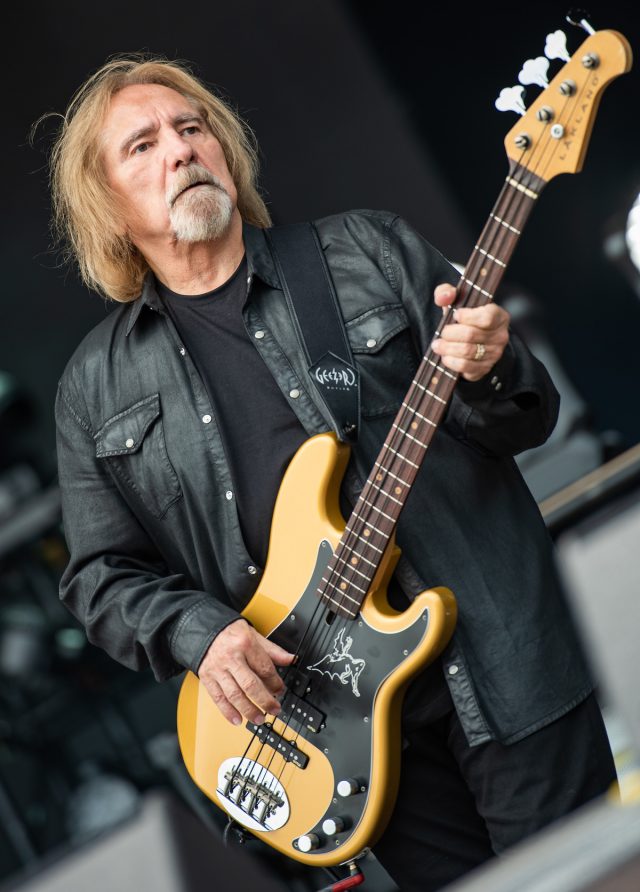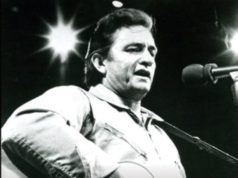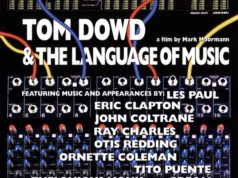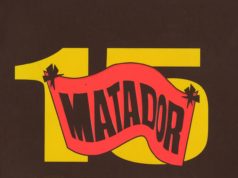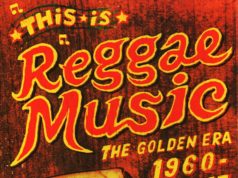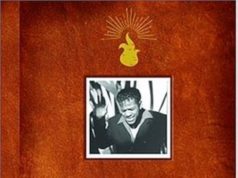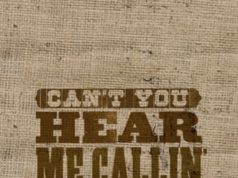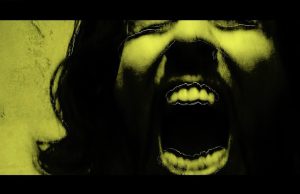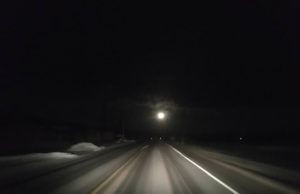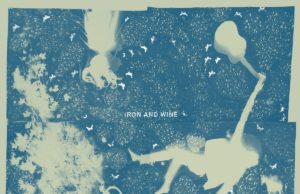It was Black Sabbath bassist Geezer Butler’s birthday on July 17, so it seems like a good time to post my 2010 interview with him. Our chat was set up to publicize the 40th anniversary of the band’s classic album Paranoid, but it also came just a few months after the death of his friend and bandmate Ronnie James Dio, so Butler was in a fairly subdued mood. Or maybe that’s just him — when I talked to Ozzy shortly after this, I remember him saying that Geezer was “always moanin’ about something.” So who knows? But I can tell you this: Like most of my interviews, a bunch of our conversation never made it into print. I have restored it here. And here’s a fun fact: I still have Geezer’s phone number in my notes — and according to an online search, it’s still current. Maybe I’ll give him a call and wish him a happy belated birthday.
These are dark days for Black Sabbath’s Geezer Butler. The 61-year-old British bassist and lyricist is still reeling from the loss of his Heaven & Hell bandmate and fellow metal icon Ronnie James Dio, who died of stomach cancer in May.
“It’s really hard to deal with,” admits Butler — real first name: Terence — from his Los Angeles home. “I’m still trying to come to terms with it. Nothing like that has ever happened to me, obviously. It was such a big shock. Heaven & Hell was doing so well. We had a tour lined up and we were thinking about doing another album — and then this happened.”
Right now, Butler says, he’s not just a man without a band — he doesn’t even have much desire to make music. “Having to turn to something else is very, very difficult. I’m just leaving it until I feel comfortable and figure out what I want to do next. It’s music; you’ve got to feel right to do it.”
While his future remains uncertain, Butler has much to celebrate in his past. Sept. 18 marks the 40th anniversary of Sabbath’s second and biggest album Paranoid — generally regarded as the band’s magnum opus, thanks to a set list that includes War Pigs, Iron Man, Fairies Wear Boots and the iconic title cut, which they supposedly wrote in 20 minutes. With a new Classic Albums DVD documentary on Paranoid in stores, Geezer shared his thoughts and memories on the old days — what he can recall of them, anyway — the chance of one more Sabbath tour and more.
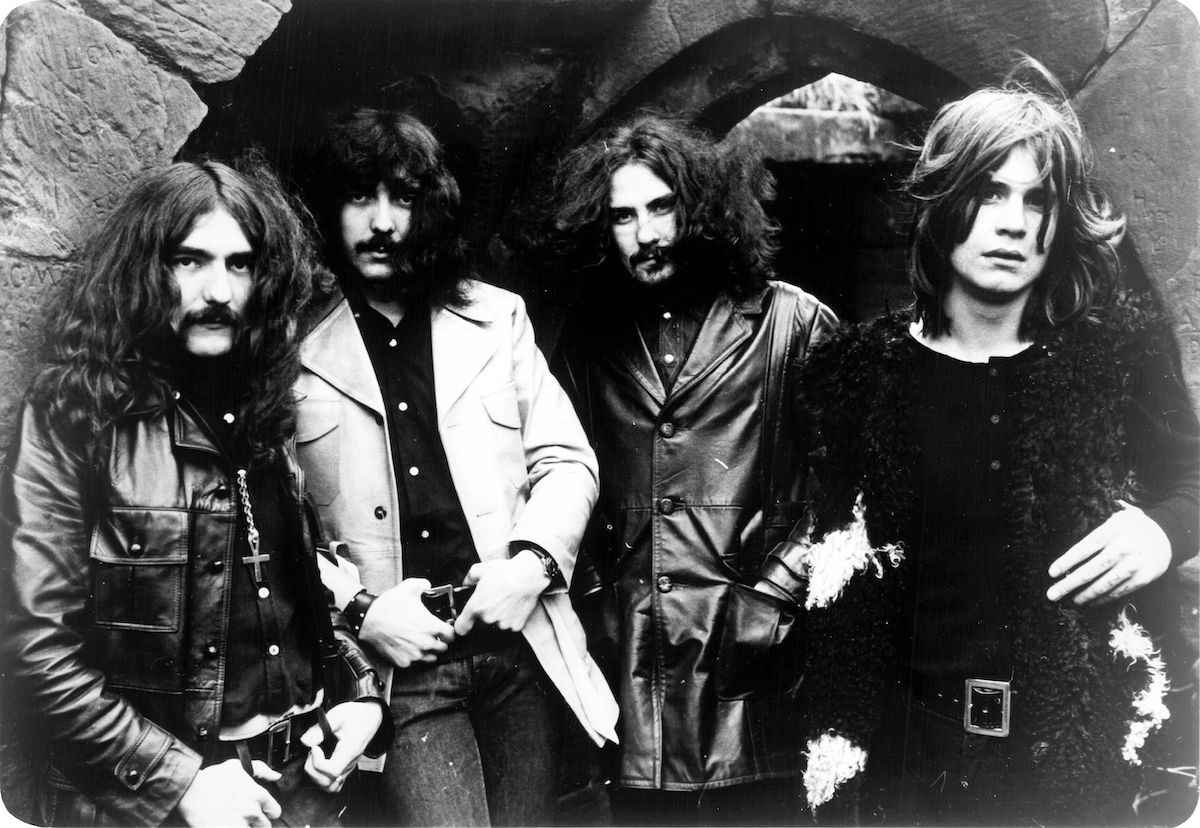
Does it feel like 40 years since your made Paranoid?
No. The 40 years have just flashed by. But in another way, it seems like another lifetime. It was so long ago that it’s hard to remember what went on. We recorded it so quickly and in the middle of touring. I can’t really remember much about it.
Did you have any sense of what you had in your hands when you made it?
Not at all. Back then, bands were expected to have a life of two or three years and that was it. Then you’d go and get a proper job, unless you were The Beatles or the Stones or something. We weren’t expecting much. And it all happened so quickly we didn’t have time to reflect on it. These songs were just music we had jammed about with at shows and gigs. We didn’t dream it would last four years, never mind 40 years.
A lot of people say it’s the greatest metal album of all time. Do you agree?
It’s down to people’s opinions. Some think it’s the worst album, some think it’s the greatest. But it’s incredibly pleasing to me that people think it’s one of the best albums ever, particularly because critics hated it so much when it came out. We had the last laugh in the end.
Is it your favourite Sabbath album?
Depends what mood I’m in. Sometimes I like Sabbath Bloody Sabbath, other times Master of Reality. I don’t really listen to them that much. But listening to Paranoid again, it’s a very good album.
And it’s certainly held up well all these years.
Well, I think like a lot of bands back then, it was the originality of it. And it had a nice variation to it. I think it’s just because it was an original form of music. It seemed like all the good bands back then had a lot of originality to them, and that’s why they’ve lasted so long. But we’ve played it backwards and inside out. If you’ve done a particularly long tour, it becomes a bit predictable that you’re going to be playing the same songs every night. So it’s nice to have room in some of the songs to jam about and keep it a bit fresh.
Were there any other keys to your success, you think?
Well, it helped that in the beginning we didn’t play in London, where the British critics were based. We completely took them by surprise with success. because we had built it up with word of mouth outside of London, and I think it pissed them off that they’d never mentioned us until we were in the charts.
Were you surprised at how well you took off in America?
Oh yeah. America was the big dream for everyone. It was one thing to even get a recording contract back then. It was another thing to sell the album. And the ultimate goal, of course, was to make it in America. It’s amazing to think that the first album did so well without us even touring in America.
Do you have favourite recollections of that period?
As I say, it’s a bit of a blur now.
On the one hand you had Tony Iommi, who seems like a control freak. On the other, you had Ozzy Osbourne and (drummer) Bill Ward, who seem like out-of-control freaks. Where did that leave you?
I suppose I was a bit of a middle man. If people had something to say about somebody else, they’d come to me to sort it out for them. As you say, Ozzy and Bill were at one extreme, and Tony was the one who kept everything together and set the rules down.
Is there a big mistake you made back then that you’d like to change?
Obviously our biggest problem was not having guidance on the money side of it. We got badly ripped off back then. That lasted quite a while, up until ’76 or ’77. But on the other hand, if we’d have asked for a lot of money from record companies, we never would have been signed.
I assume the drugs didn’t help.
We actually weren’t that bad as far as the drugs went. We controlled them rather than them controlling us. It was really more recreational than anything else.
You have to wonder how the album would have gone over if you had titled it War Pigs, as you wanted?
Yeah. That would have politicized it for America, which was one of the reasons why Warner Brothers preferred Paranoid.
Did you care one way or the other?
We didn’t have any control whatsoever. We were just so grateful to have a record label. We’d been to seven different labels and they’d turned us down. We’d been to several managers and they’d turned us down. So we were just grateful to have somebody that accepted us and would put our music out.
So many people have covered your songs? Any standouts?
My favourite of all time is the cover of Black Sabbath by Type O Negative. That was outstanding. They definitely got the spirit of that song. As for songs off the Paranoid album, I think War Pigs by Faith No More.
There are always rumours of Sabbath reunions. Is that something you would want to do again?
I’ve always said I’d love to do one final world tour. When we reunited the last time, we really concentrated on America and Western Europe. But the original band has never played Japan. And we only went to Australia a couple of times in the ’70s. Now there are all sorts of new places to play in Eastern Europe and South America. I’d like to do that.
Is it a realistic possibility?
Well, it has to happen quick — while we’re all still breathing. (NOTE: Geezer got his wish — a year or so after this conversation, Black Sabbath reunited, eventually releasing the final album The End and touring off and on until 2017.)
